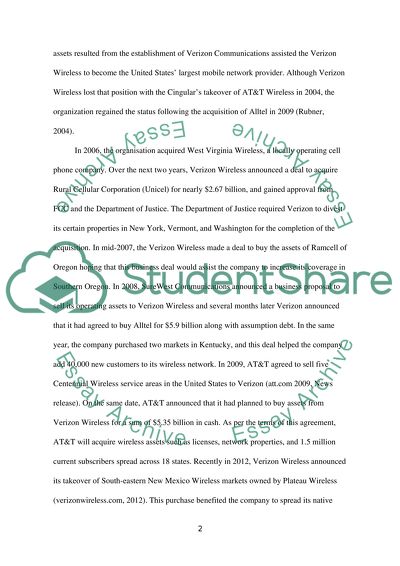Cite this document
(“Corporate Finance: Verizon Vodafone case study Essay”, n.d.)
Corporate Finance: Verizon Vodafone case study Essay. Retrieved from https://studentshare.org/finance-accounting/1492800-corporate-finance-verizon-vodafone-case-study
Corporate Finance: Verizon Vodafone case study Essay. Retrieved from https://studentshare.org/finance-accounting/1492800-corporate-finance-verizon-vodafone-case-study
(Corporate Finance: Verizon Vodafone Case Study Essay)
Corporate Finance: Verizon Vodafone Case Study Essay. https://studentshare.org/finance-accounting/1492800-corporate-finance-verizon-vodafone-case-study.
Corporate Finance: Verizon Vodafone Case Study Essay. https://studentshare.org/finance-accounting/1492800-corporate-finance-verizon-vodafone-case-study.
“Corporate Finance: Verizon Vodafone Case Study Essay”, n.d. https://studentshare.org/finance-accounting/1492800-corporate-finance-verizon-vodafone-case-study.


